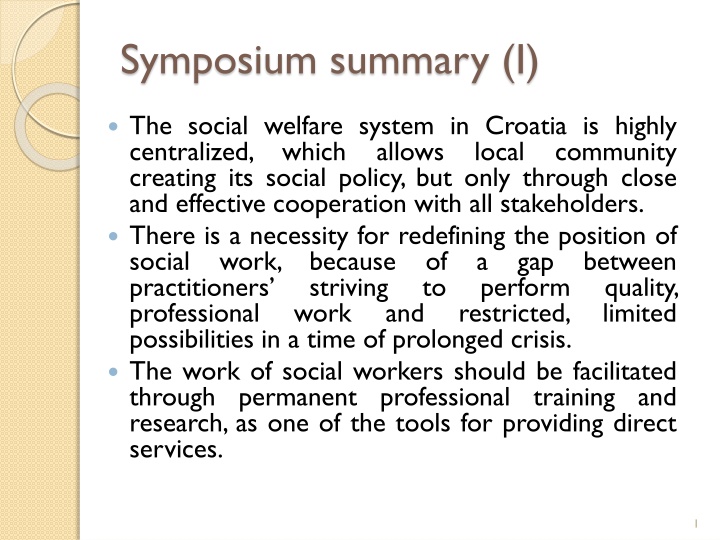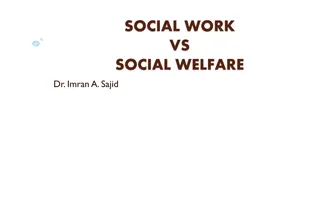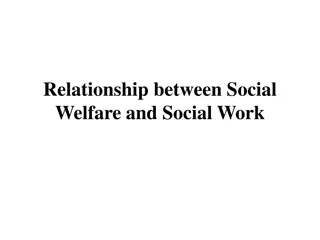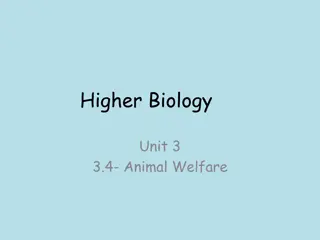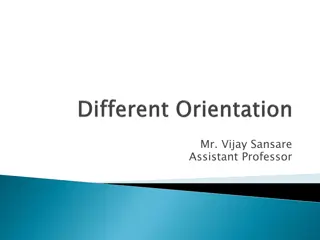Social Welfare System in Croatia: Redefining Social Work
The social welfare system in Croatia is centralized, requiring redefinition of social work amidst a prolonged crisis. It emphasizes the importance of professional training, research, stakeholder cooperation, and ethical education in serving communities and empowering critical thinking. Discussions include the impact of theory in social work practice, professional values, integration of digitalization, and respect for human rights and duties.
Download Presentation

Please find below an Image/Link to download the presentation.
The content on the website is provided AS IS for your information and personal use only. It may not be sold, licensed, or shared on other websites without obtaining consent from the author.If you encounter any issues during the download, it is possible that the publisher has removed the file from their server.
You are allowed to download the files provided on this website for personal or commercial use, subject to the condition that they are used lawfully. All files are the property of their respective owners.
The content on the website is provided AS IS for your information and personal use only. It may not be sold, licensed, or shared on other websites without obtaining consent from the author.
E N D
Presentation Transcript
Symposium summary (I) The social welfare system in Croatia is highly centralized, which allows creating its social policy, but only through close and effective cooperation with all stakeholders. There is a necessity for redefining the position of social work, because practitioners striving professional work and possibilities in a time of prolonged crisis. The work of social workers should be facilitated through permanent professional training and research, as one of the tools for providing direct services. local community of to a perform restricted, gap between quality, limited 1
Symposium summary (II) It is important to encourage social work students to engage in practice through volunteering. Positivist theory is still influential in social work practice in Latin America, while recently there is the use of critical theory and the continuing view the profession as a political one. It is necessary to deconstruct the separation between professional (theoretical) professional practice. The power to define social work and its professional values belongs to integrative approach: professional community, associations, chambers of social workers, schools of social work etc. It is necessary to face digitalisation of social work. training, research and the challenges of the 2
Symposium summary (III) For the examination of social problems is required the perspective disciplines and collaboration with diverse community sectors, along empowering the communities, sense of co-responsibility and building real critical thinking. It is necessary to develop ethical and political education about serving others, for the benefit of communities. It is important to see ethics everywhere and to avoid separating and abstracting ethical issues from practice learning. of different 3
Symposium summary (IV) It is important to have deep and infinite respect for the people, with a clear position of respect for the human rights and duties. IASSW works toward deconstructing the dominant archetype exploring the possibility of having some regulatory function in respect of education for sale with online offerings, and becomes mindful about the possibility of reinforcing global hegemonic patterns of superiority/ inferiority. attached to Africa, 4
